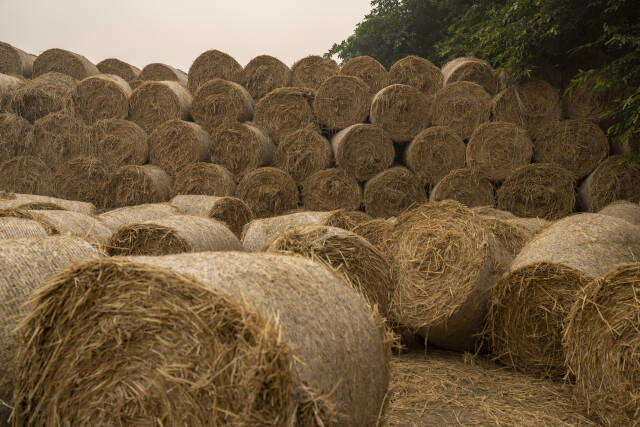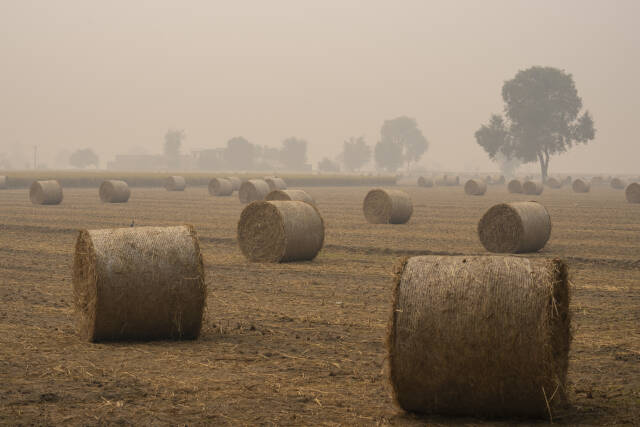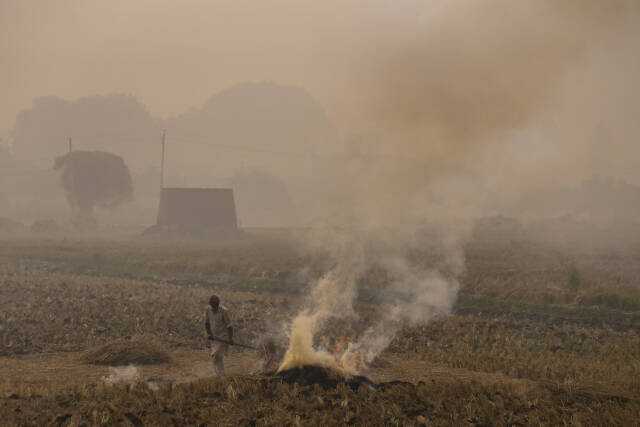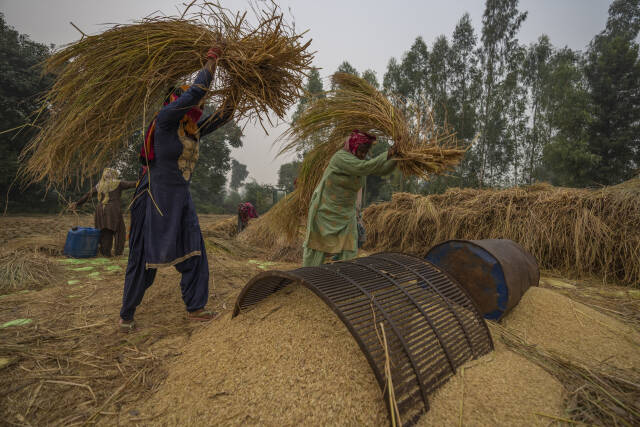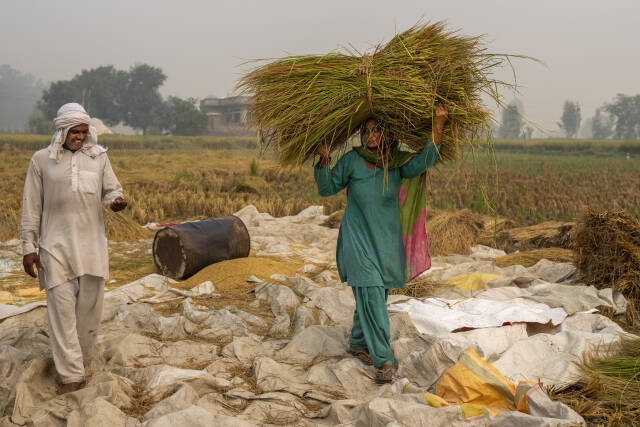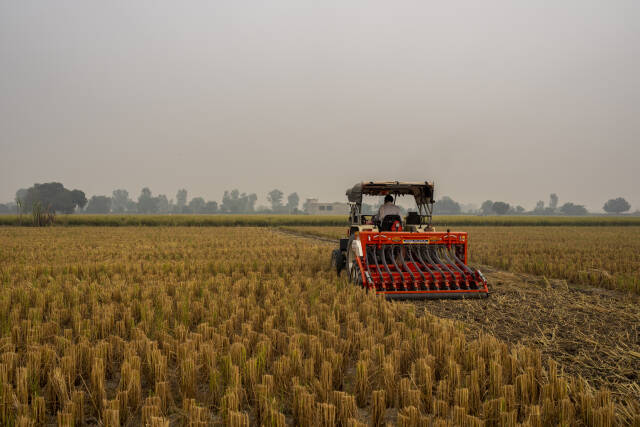These projects combine advanced data-tracking technologies with boots-on-the-ground efforts to educate farmers about sustainable harvesting practices.
Farmers implement these techniques based on unique variables such as weather or their preexisting behavior. The ground implementation staffs, and project managers support farmers by providing comprehensive software for soil management and tracking activities, all of which are accessible through their smartphones. The data is then analyzed to determine soil health and changes in soil carbon. In addition to increasing Soil Organic Carbon (SOC) in croplands, these projects are expected to generate several community benefits such as a direct boost to the livelihoods of these farmers.
There is a great deal of crop residue in the form of shoots and stalks left after a rice harvest. Traditionally these residues have been burned creating pollution in surrounding cities. However, when reincorporated into the soil, using equipment such as seeders and cutting tractors, they lead to an increase in SOC (Soil Organic Carbon).
Improving soil organic carbon naturally leads to the reduced use of fertilizer. The project teaches farmers to supplement the turned-over crop residue with manure and compost to increase soil fertility and eventually the buildup of SOC which leads to the overall biological properties of soils.
Improving water management is essential for water use efficiency. The project implements better practices in irrigation and water storage techniques which decreases water loss through evaporation. Other barriers addressed by this project are financial, knowledge, and technology access.
To achieve these goals, the project provides regular training and awareness education programs to bring about behavioral changes among the farmers.
